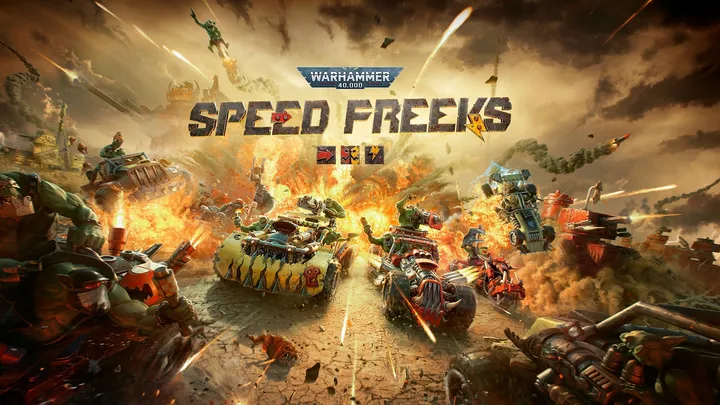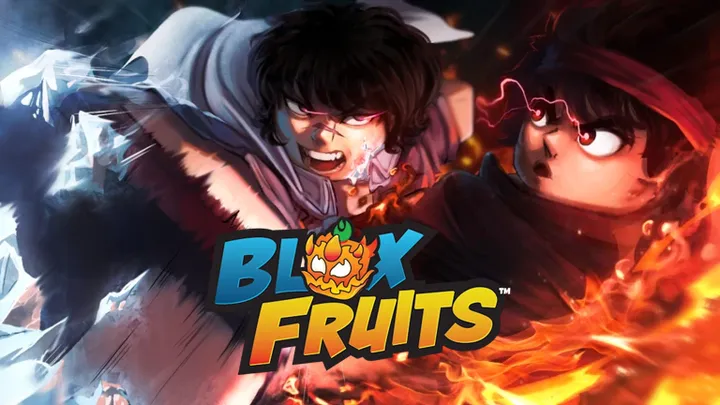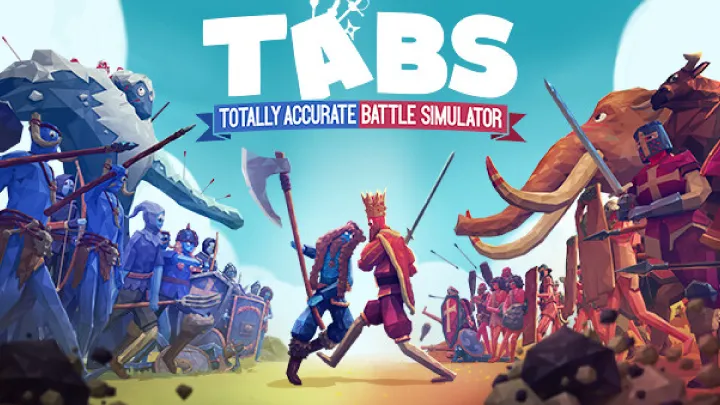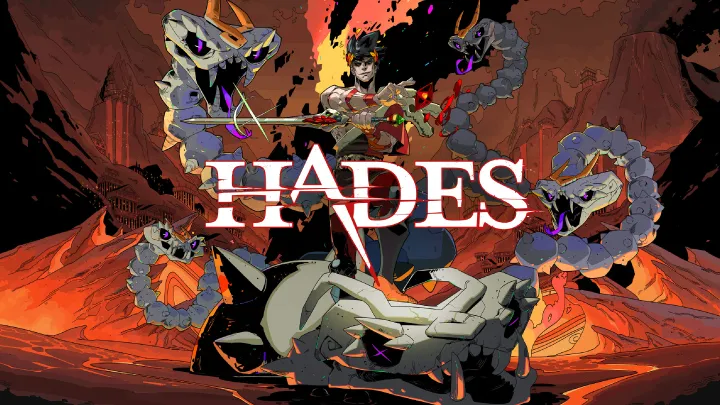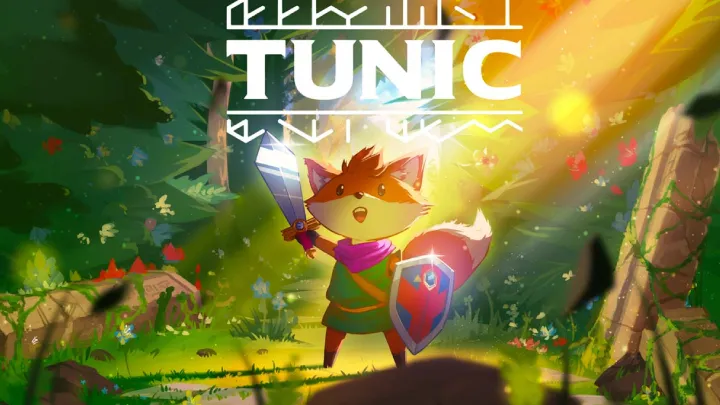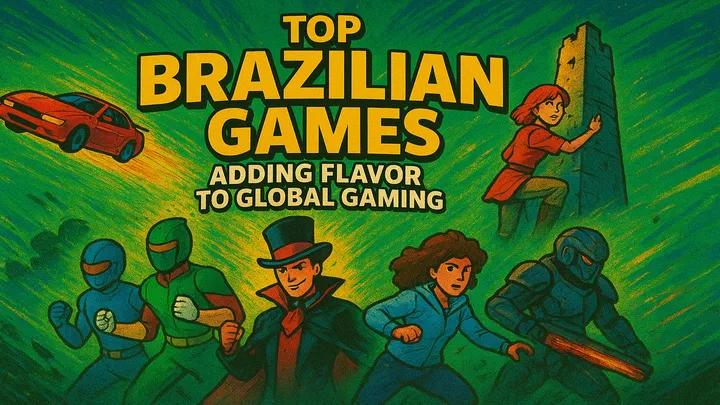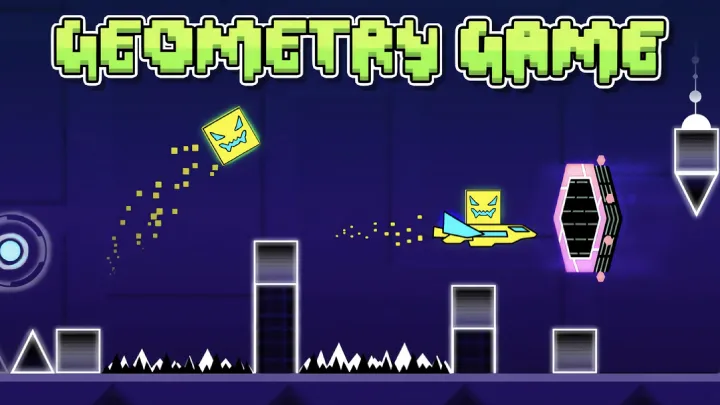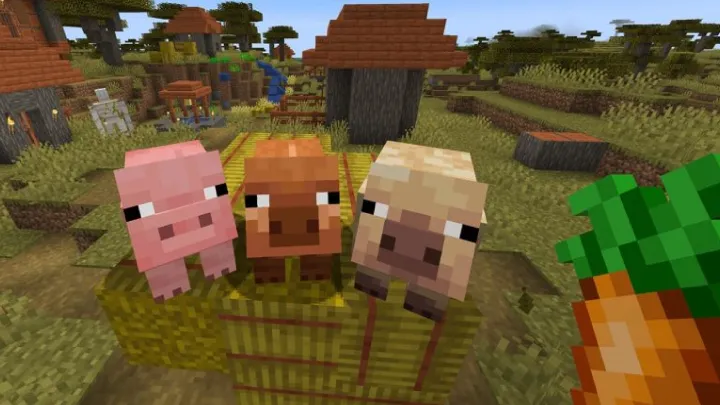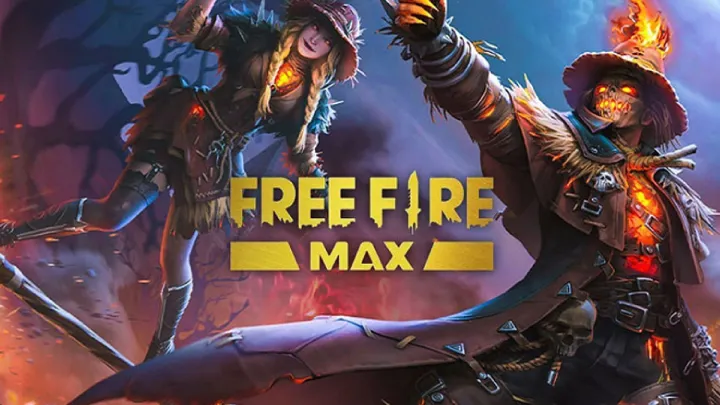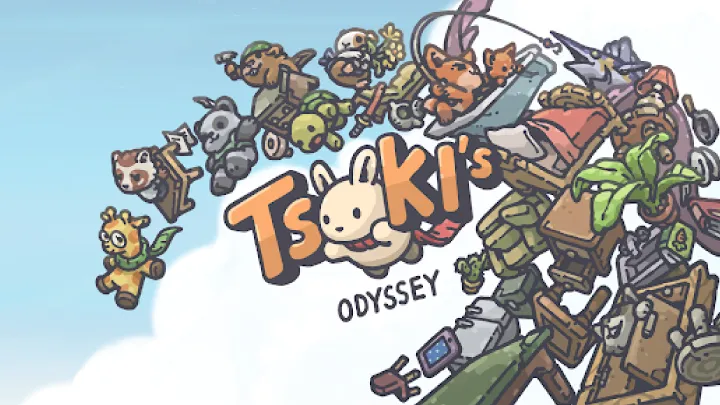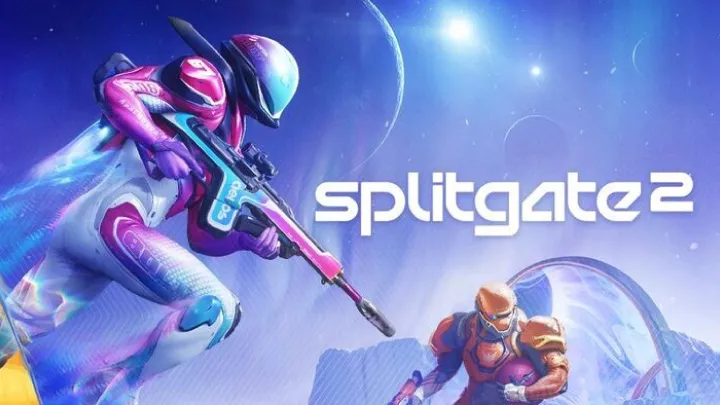The first round in VALORANT begins not with a bang, but with a silent, tense anticipation. For the uninitiated, the high-stakes, 5v5 tactical shooter can feel like a chaotic sprint where micro-seconds determine victory or defeat. Yet, for the seasoned professional, the game is a perfectly orchestrated ballet of strategy, precision, and economic foresight. A true master understands that success is not a matter of raw mechanical skill alone, but of adopting a holistic mindset that encompasses every phase of the round, from the buy phase to the final retake. This comprehensive guide, authored from the perspective of a veteran who has mastered its intricate layers, will provide you with the tactical framework and operational discipline needed to dominate the digital battlefield. We will transform your initial confusion into a well-organized, mission-critical approach to the game.
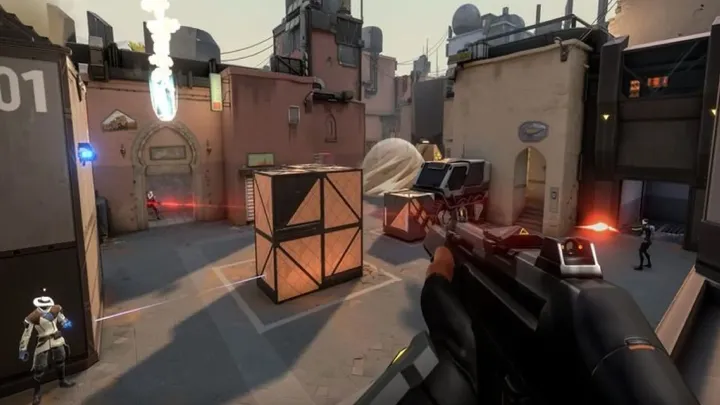
The Core Philosophy: The Tactical Mindset
A master player of VALORANT operates with a distinct mental discipline. They do not merely "play" the game; they analyze and deconstruct it. Every action, from a simple pre-round purchase to the angle you hold, is purposeful, and every piece of information is a vital clue.
The first principle is to think in phases. A round of VALORANT is a continuous flow between three distinct operational phases: the buy phase, the execution phase, and the post-plant/retake phase. An amateur sees the game as a series of isolated events; a master sees the entire round, understanding their team’s position in relation to the ultimate objective and anticipating the opponent’s next move before it happens. Your most valuable resource is not your aim, but the speed of your tactical thinking.
Secondly, you must embrace the statistical reality. VALORANT is built on a foundation of data. Weapon recoil patterns, damage falloff, agent abilities, and even movement speed are all governed by a complex system of numbers. The expert player engages in a constant dialogue with the game's mechanics, asking questions and meticulously noting the answers. Why did that shot miss? Why was that ability ineffective? Every stat, every piece of in-game feedback, is a word in the game's cryptic language. Your primary weapon is not your player’s strength, but your understanding of the underlying system.
Thirdly, you must prioritize information over kills. In the early stages, the temptation is to chase every duel and secure as many kills as possible. The expert knows this is a fatal error. True progress in VALORANT is measured not in how many enemies you've eliminated, but in how much information you've gathered. The most valuable resources are not kills, but knowledge—the location of the enemy team, the abilities they've used, and the site they are attacking. A master never pushes into a site without first gathering information, as a blind entry is a guaranteed path to defeat.
Part 1: Foundational Gameplay - The First Step and Beyond
Your first few hours in VALORANT are a rite of passage. This is where you develop the foundational skills that will serve you throughout your journey.
Step 1: The First Peek. Before you even see an enemy, you must understand the art of the peek. A good peek is not a sprint; it's a methodical process. An expert player never "sprint-peeks" into a site. Instead, they use controlled movement—crouch-walking or slow-peeking—to minimize their footstep sound and expose as little of their body as possible. When you do peek, you must do so with your crosshair already positioned where an enemy's head is likely to be. This foundational skill, known as crosshair placement, is the single most important habit to develop.
Step 2: Methodical Movement. Once you are moving, approach it with a systematic method. Do not simply hold down the W key. Instead, use controlled movement to navigate the map. The expert player understands that every movement generates sound, and that sound is information for the enemy. Use your walking key to move silently around corners, and only sprint when you are confident of your position. A well-placed, silent flank is often more effective than a loud, aggressive push.
Step 3: The Art of Mental Mapping. Even though the opponent's strategy changes, the expert player builds a dynamic mental map. This is not a physical map of the players, but a cognitive map of their logical flow. You should be able to recall the relationship between different agents, the common locations of certain threats, and the types of pushes you can expect from specific team compositions. This mental map becomes your internal compass for predicting enemy behavior.
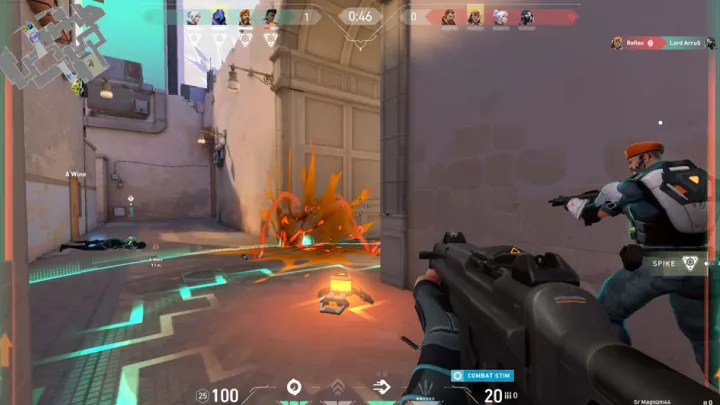
Part 2: Attacking Principles - Deconstructing the Opposition
As you progress, the opposition becomes more intricate, and the tactical battles become more complex. This is where the true strategic genius of a master is revealed.
A. Pattern Recognition: The Language of the Opponent. The opponent's formation is not completely random; it operates on a set of underlying rules and patterns. The expert player trains themselves to recognize these patterns. For instance, a series of seemingly random movements from their defensive line might correspond to a specific type of defensive setup. A sequence of ability uses might correlate to a specific pressing strategy. This level of pattern recognition is what separates a novice from a master.
B. Information Synthesis: Weaving the Attacking Web. The most complex attacks in VALORANT are not contained within a single action. They require you to synthesize information from multiple positions, sometimes even from different players or previous rounds. The expert player maintains an internal log of all significant clues they've encountered—the weaknesses of a defender, the predictability of their rotations, the placement of their utilities. When they are building an attack, they don't just look for local opportunities; they mentally cross-reference with their entire database of knowledge. This process of information synthesis is the key to creating successful site takes.
C. The Use of Exclusionary Logic. When faced with a defense that has multiple potential vulnerabilities, the expert player employs exclusionary logic. Instead of trying every possible attack, they use their clues to systematically eliminate the incorrect ones. If a clue points to the vulnerability of the opponent's B site anchor, they immediately eliminate all attacks down the A side. This methodical process reduces the number of variables and allows them to arrive at the correct site to attack with greater speed and efficiency. It is the core of any professional's problem-solving toolkit.
D. The Economy as a Clue. VALORANT is not just about aiming; it is an economic experience. The expert player understands that the enemy's economy is a vital source of clues. A series of losses for the enemy might be the key to a successful eco-round. A mention of a specific player's buy might be the hint to a successful force buy. The expert player pays as much attention to the subtle whispers of the enemy's economy as they do to the overt visual clues.
Part 3: Defensive Principles - The Art of Interception
Defense in VALORANT is not just about holding an angle; it is about prediction, positioning, and psychological warfare.
A. The Proactive Defender. The expert player does not wait for the opponent to attack. They proactively close down space, cut off passing lanes, and anticipate the opponent's next move. This is a game of chess, not checkers. They understand that a well-timed utility usage or a perfectly timed a one-way smoke can be far more valuable than a last-ditch entry frag.
B. The Pressing Game. When the opponent is pushing a site, the expert player knows how to press them effectively. This is not about randomly pushing into a site; it is about applying pressure as a team. They use a coordinated press to force the opponent into a mistake, turning a defensive situation into an immediate attacking opportunity.
C. The Art of the Retake. A retake is a high-risk, high-reward move. The expert player understands that it is a tool to be used with surgical precision, not reckless abandon. They only commit to a retake when they are certain of a clean connection, as a botched retake can leave their team exposed. They also understand the importance of timing and coordination, using their abilities to create chaos and confusion for the enemy team.
Part 4: The Mental Game - A Champion's Mindset
Beyond all the technical aspects, a true master has a disciplined and patient mindset. They do not get frustrated by failure; they learn from it.
A. Patience and Persistence. The journey through a match will be filled with moments of confusion and frustration. The expert player embraces these moments. They understand that a "failed" attempt is simply a data-gathering exercise. If an opponent's strategy stumps you, do not give up. Take a moment to analyze their movements. Go back to a previous play and look for new clues. Sometimes, the solution to a puzzle is not in the play itself, but in a small detail you overlooked a hundred feet away.
B. The Power of Observation. This cannot be overstated. The expert player's greatest asset is their ability to see what others miss. They notice the slight shift in a defender's position, the barely-perceptible run of a lurker, the single agent that is out of place in a team composition. They are not just looking; they are actively observing. They are not just listening; they are actively hearing. This heightened state of awareness is what allows them to get kills that seem impossible to others.
C. The Mind-Map of Success. The expert player approaches VALORANT with a mind-map, not a checklist. They are not just checking off kills and assists; they are building a complex web of interconnected ideas and clues. They are constantly looking for connections, for patterns, and for the underlying logic that ties everything together. The victory is not just in winning the final round, but in the profound satisfaction of having mentally constructed the entire match's intricate logic.
In conclusion, the journey to becoming a VALORANT legend is a philosophical one. It is a moment for strategic preparation, meticulous observation, and a commitment to excellence. By following a professional approach, you can ensure that your path through the game is a journey of triumph, not frustration. A clean, smooth mind is the foundation upon which all future legends are built.
